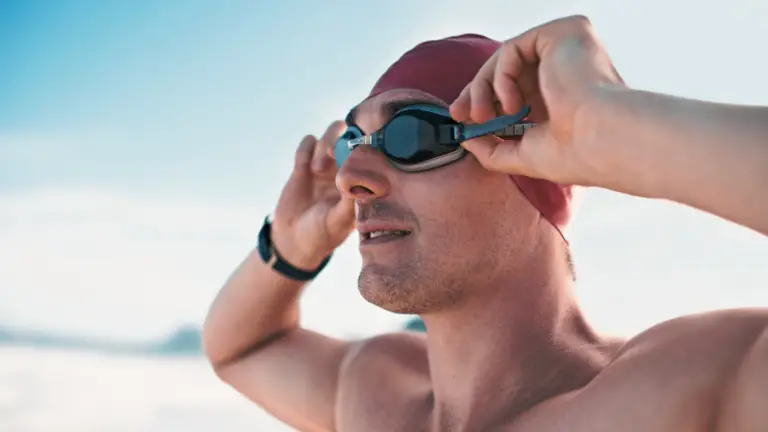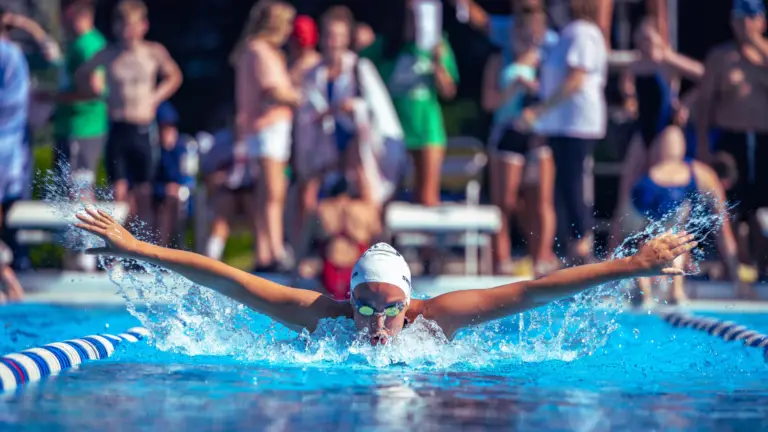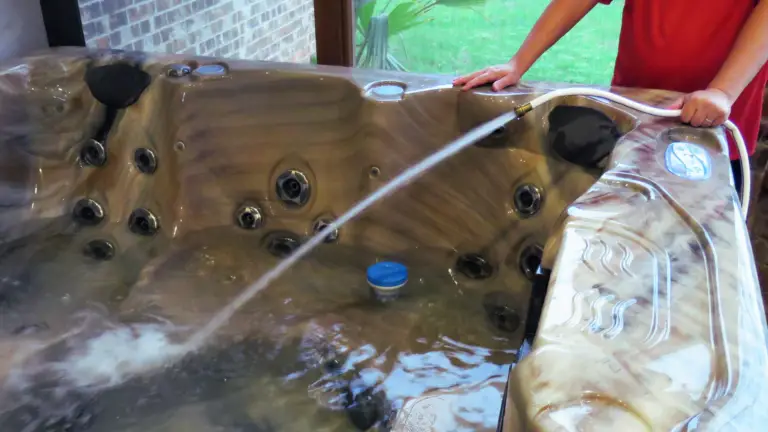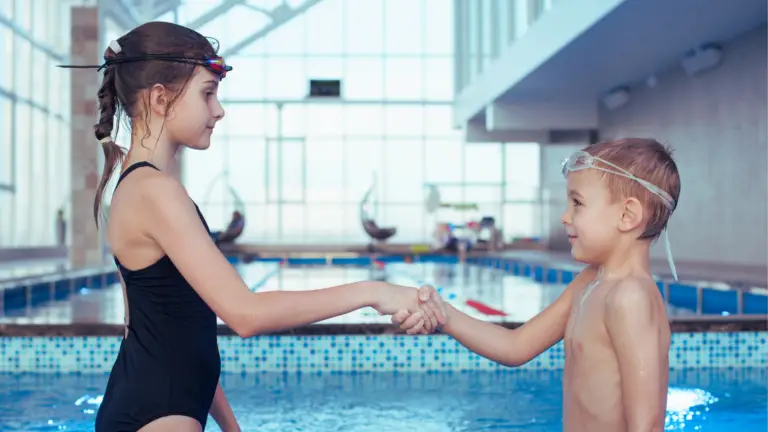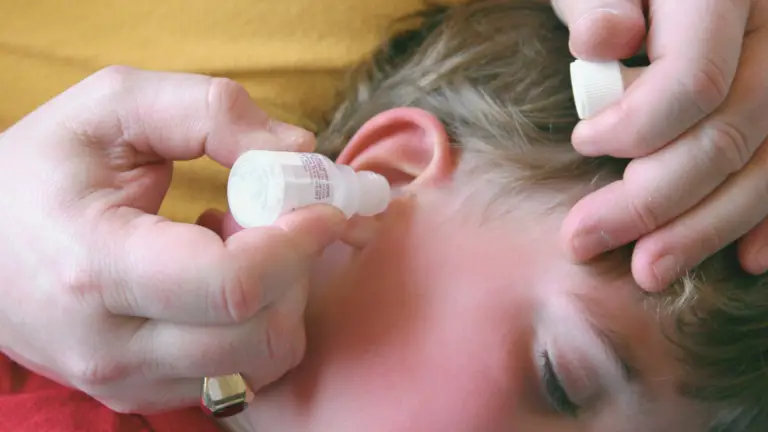Goggles are an essential accessory for swimming and various other sports activities. To ensure their optimal performance and longevity, proper care and maintenance are crucial. In this comprehensive goggle care guide, we will walk you through expert tips and techniques for cleaning and maintaining your goggles effectively. From rinsing and storing to cleaning methods and common mistakes to avoid, you’ll discover everything you need to know to keep your goggles in top-notch condition.
Why Proper Swim Goggle Care Matters
Before delving into the specific cleaning and maintenance techniques, it’s important to understand why proper goggle care is crucial. By taking good care of your goggles, you can:
- Extend the life of your goggles and save money in the long run.
- Maintain optimal performance and clarity for better vision.
- Prevent damage from chlorine, salt, sand, and other substances.
- Ensure a comfortable and hygienic experience during sports activities.
Now that we understand the importance of goggle care let’s explore the step-by-step methods for cleaning and maintaining your goggles effectively.
Care Tip: Rinsing Your Goggles
The importance of post-use rinse
After each use, it’s essential to rinse your goggles thoroughly to remove any debris, chemicals, or impurities that may have accumulated during your activities. By doing so, you prevent the build-up of harmful substances that could damage the lens or compromise visibility.
Using fresh water
When washing, use cold, fresh water. Avoid hot or warm water, which can damage the lens or alter the goggle’s shape. Gently swirl the goggles in the water to ensure complete rinsing.
Avoiding soap & cleaners
While cleaning, it’s important to avoid using any soaps, cleaners, or detergents on your goggles. These products can leave behind residues that may cause irritation of the lens coating. Stick to using only fresh water during the washing process.
Care Tip: Cleaning Your Goggles
To preserve the lifespan of your goggles, it’s crucial to remove chlorine, salt, and sand after each use. Here are some effective methods for cleaning:
Removing chlorine, salt, and sand
After swimming, make sure to rinse your goggles in cold, fresh water. Washing off the chlorine and pool chemicals will help prolong the life. Additionally, removing saltwater and sand prevents any potential harm to the lens or frame.
Cleaning solutions
When it comes to cleaning solutions, it’s best to stick with mild options. Avoid using harsh chemicals, soaps, or detergents as they damage the goggles or leave behind residues. Instead, use gentle dish soap or specialized goggle cleaner diluted with water. Apply the cleaning solution to a soft cloth or sponge and gently wipe clean the lenses and frame. Rinse thoroughly with fresh water afterward.
Gently massaging away smudges and water droplets
To remove smudges or water droplets from your goggles, use a microfiber cleaning cloth or bag. Gently massage the cloth over the lens in a circular motion to clear away any marks. Avoid using excessive force or rough materials that could scratch the lens.
Anti-fog sprays and wipes: Are they safe?
Some goggles come with built-in anti-fog coatings, while others may require additional measures to prevent fogging. Check the manufacturer’s instructions to see if they recommend the use of anti-fog sprays or wipes. If they do, follow their guidelines carefully. However, if the manufacturer does not specify, it’s best to avoid using these products, as they may damage the lens or affect its clarity.
Care Tip: Storing Your Goggles
Proper storage is essential to protect your goggles when they’re not in use. Consider the following these easy steps for storage:
The role of microfiber bags
Microfiber bags are excellent for storing goggles as they provide a protective barrier against scratches and dust. After cleaning, allow them to air dry completely. Once dry, store them in a microfiber bag to keep them safe from any potential damage.
Avoiding extreme temperatures
Goggles should be stored in a cool and dry place, away from extreme temperatures. Avoid leaving your goggles exposed to direct sunlight, high heat, or freezing conditions, as these can cause harm to the lenses or frames. Additionally, keep them away from sharp objects to prevent scratches.
Common Mistakes to Avoid
To ensure the longevity of your goggles, be mindful of the following mistakes:
Wiping or rubbing lenses when wet
Avoid wiping or rubbing the lenses of your goggles when they are wet. This can cause scratches or smudges on the lens surface. Instead, allow them to air dry or use a soft cloth to gently pat them dry.
Using abrasive materials
Never use abrasive materials such as paper towels, tissues, or rough fabrics to clean your goggles. These materials can scratch the lens and compromise its optical clarity. Stick to using soft, lint-free materials like microfiber cloths.
Exposing goggles to sunscreen or chemicals
Avoid applying sunscreen or any chemicals directly on your goggles, as they can damage the lens coating. If you need to use sunscreen, apply it to your skin before putting on the goggles. Be cautious when using hair products or other chemicals around your goggles as well.
FAQ
Conclusion
Caring for your goggles is crucial to maintain their performance and extend their lifespan. By following the recommended cleaning and storage practices, you can ensure they remain in excellent condition and provide optimal vision and protection. Remember to clean them with fresh water after each use, avoid touching the inside of the lenses, and store them properly in a dry and protective case. With these simple steps, you can enjoy clear vision and a comfortable fit every time you wear your goggles.

